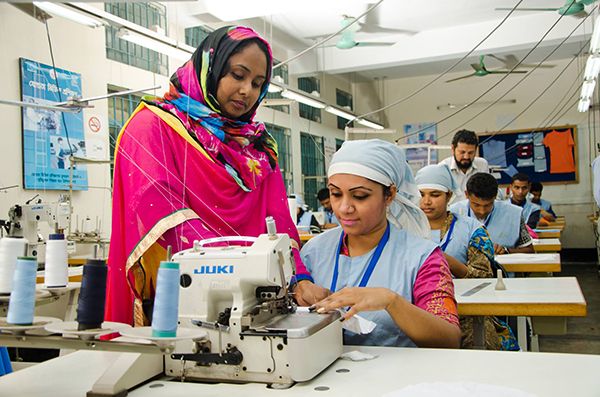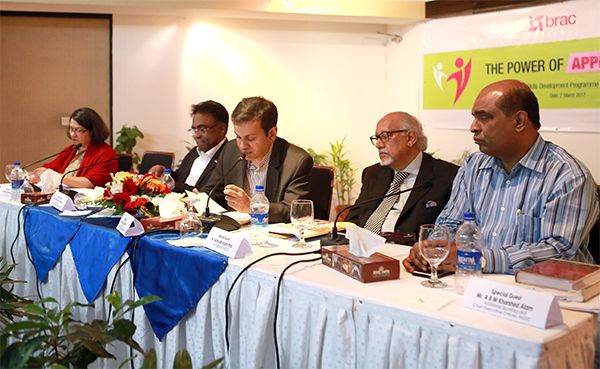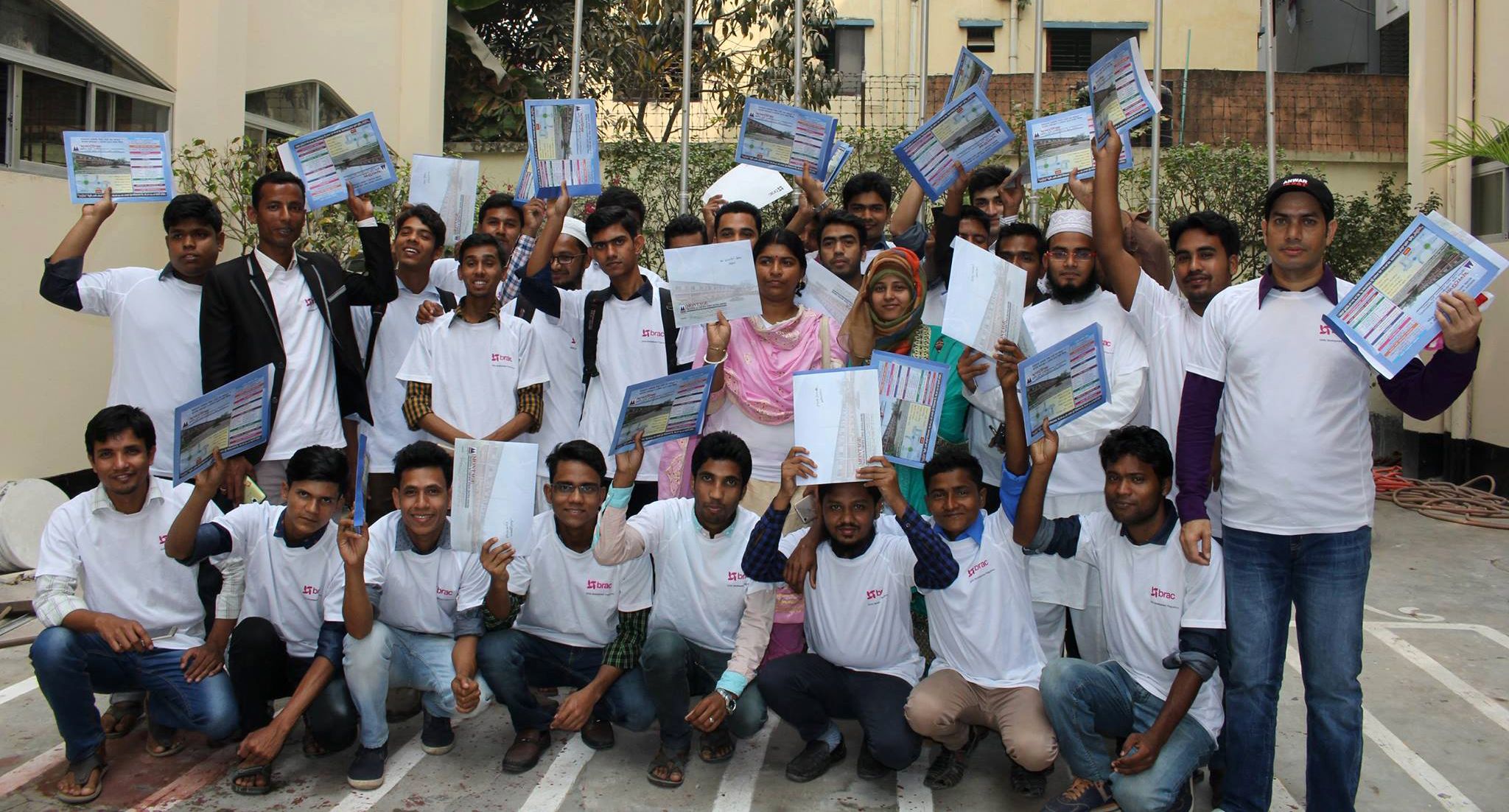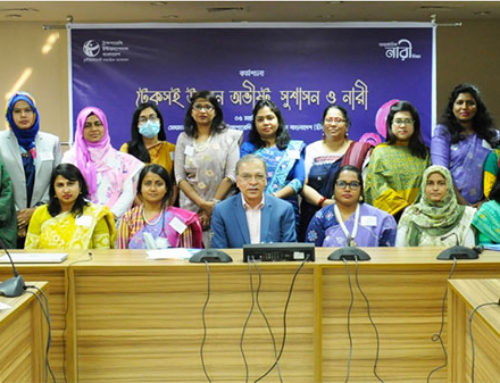 In Bangladesh, around 80 per cent of the workforce is involved in the informal sector. 95 percent out of them are young people between 18-24 years, the most productive cohort of the population. To take advantage of the demographic dividend government has developed a draft National Apprenticeship Strategy. Resonating with government priorities BRAC has also been implementing the Skills Training for Advancing Resources (STAR) -an on-the-job apprenticeship model. Recently BRAC conducted a study titled Towards Employability and Better Livelihoods: An Evaluation of BRAC’s Skills Development Initiative. To share the findings a seminar titled ‘The Power of Apprenticeships’ was held on 2 March 2017 at BRAC Centre, Dhaka.
In Bangladesh, around 80 per cent of the workforce is involved in the informal sector. 95 percent out of them are young people between 18-24 years, the most productive cohort of the population. To take advantage of the demographic dividend government has developed a draft National Apprenticeship Strategy. Resonating with government priorities BRAC has also been implementing the Skills Training for Advancing Resources (STAR) -an on-the-job apprenticeship model. Recently BRAC conducted a study titled Towards Employability and Better Livelihoods: An Evaluation of BRAC’s Skills Development Initiative. To share the findings a seminar titled ‘The Power of Apprenticeships’ was held on 2 March 2017 at BRAC Centre, Dhaka.
STAR programme provides skills training to the youth that has high demand in the market. This programme works towards achieving SDG 8 and contribute to the national economic growth by providing inclusive skills training and creating decent job opportunities in the informal sector.
 Since inception in 2012, STAR has given 18,900 young people (age: 14-18) the opportunity to get trained in various trades. The project further expanded in 2016 to include poverty pockets and hard to reach areas. It targets disadvantaged groups of which 50 per cent is women and 10 per cent is disabled participants, focusing in both urban (30%) and rural (70%) areas in 135 upazilas.
Since inception in 2012, STAR has given 18,900 young people (age: 14-18) the opportunity to get trained in various trades. The project further expanded in 2016 to include poverty pockets and hard to reach areas. It targets disadvantaged groups of which 50 per cent is women and 10 per cent is disabled participants, focusing in both urban (30%) and rural (70%) areas in 135 upazilas.
The major findings of the aforementioned study highlight the results and learning from four years’ experience of BRAC’s STAR, which include-
- Increase in employment by 5.7 times
- Increase in average monthly income by 6 times
- Increase in the amount of average savings by 7.5 times
- Impact estimates show that the programme increased per day per capita food expenditure by about 9 per cent.
- As for per day per capita non-food expenditure, it increased by about 5 per cent due to the programme.
- Programme increased empowerment level of the participants by about 20 per cent.
- The intervention decreased early marriage by 62 per cent.
- The intervention decreased the habit of substances abuse among participant adolescents by 3.3 times.
Mr Mikail Shipar, Secretary, Ministry of Labor and Employment; Mr Salahuddin Kasem Khan, Co-Chairman, Executive Committee of the National Skills Development Council (EC-NSDC); Mr ABM Khurshid Alam, CEO, National Skills Development Council Secretariat were present at this seminar.




